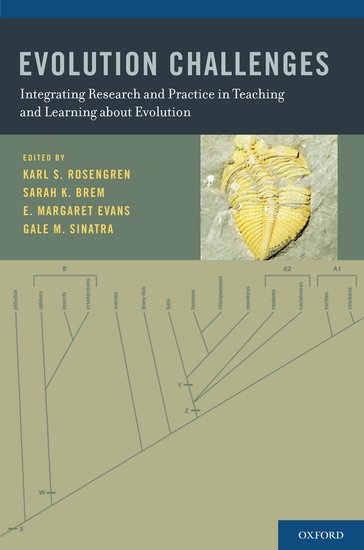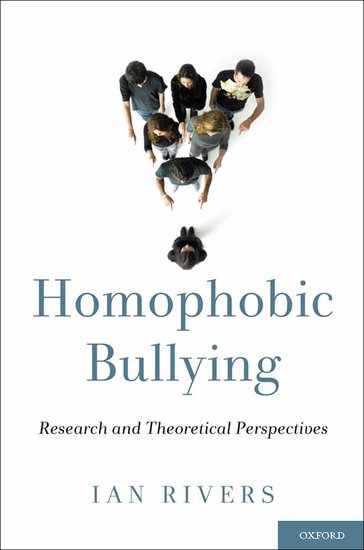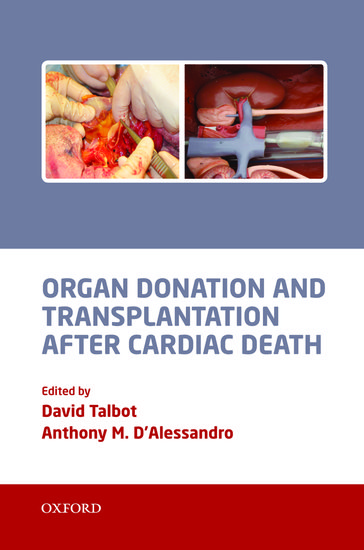Galileo arrives in Rome for trial before Inquisition
This Day in World History
Sixty-nine years old, wracked by sciatica, weary of controversy, Galileo Galilei entered Rome on February 13, 1633. He had been summoned by Pope Urban VIII to an Inquisition investigating his Dialogue Concerning the Two Chief World Systems. The charge was heresy. The cause was Galileo’s support of the Copernican theory that the planets, including Earth, revolved around the sun.














